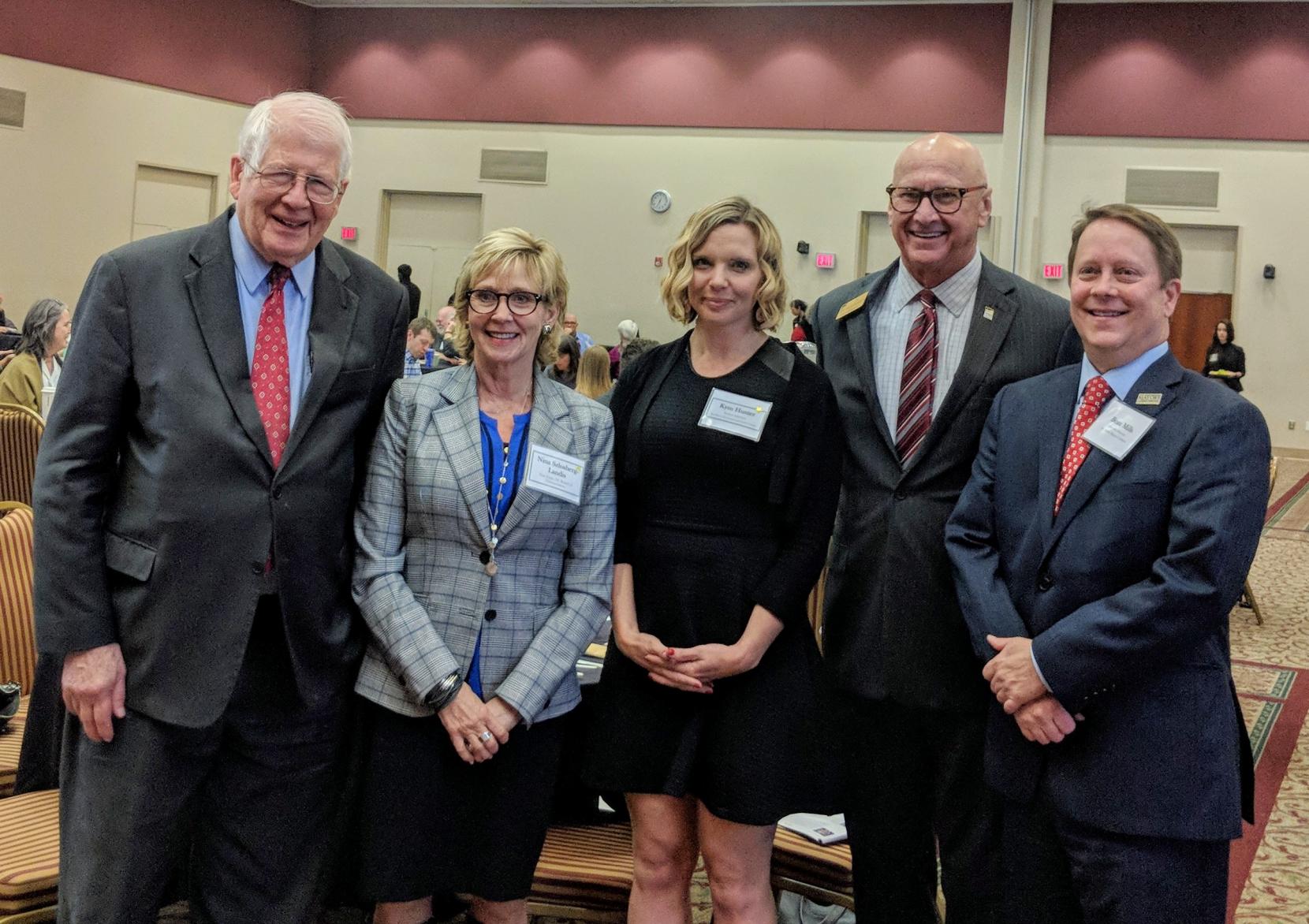Transportation, climate & equity: Building a just transition to a clean transportation future
In late November, leaders from government, nonprofits, and local communities joined together for a day-long discussion about the connection between climate change, transportation, and equity. The second “Road to Change” event, sponsored by SELC with support from Sierra Club, continued the conversations and cross-sector collaboration started this past June at the inaugural Road to Change event.
The event again emphasized that the transportation sector is the leading source of greenhouse gas emissions nationwide, and set to become the leading source in North Carolina. At the same time, the event sought to highlight the inter-related nature of climate change and transportation with other issues, including social justice, community health, and racial equity. As such, it is clear not only that the transportation sector must play a key role in tackling the climate crisis, but that as we move to make changes we must do so in a way that is inclusive and equitable from the outset.
A movement to combat climate change is no good if it is not also a movement that addresses inequities in our communities, that lifts people up, that ensures all can prosper.
Kym Hunter, Senior Attorney
The day began with a call to action by SELC Senior Attorney Kym Hunter, who stressed that the movement to tackle climate change through transportation reform would only be successful if it involves a broad and diverse coalition that includes all of North Carolina’s citizens.
“A movement to combat climate change is no good if it is not also a movement that addresses inequities in our communities, that lifts people up, that ensures all can prosper,” said Hunter.
The packed room at North Carolina State University’s McKimmon Center in Raleigh heard from a panel about the intersection of climate justice and transportation, public health, land use, and voting rights. The panel, which included community organizers, researchers, and members of state government, made the case that an effective movement to address climate change requires broad, equity-minded advocacy.
In his keynote address, Congressman David Price discussed the challenges and opportunities related to transportation infrastructure funding at the federal level. Congressman Price warned that the current Federal administration’s resistance to confronting the drivers of climate change, including the decision to rollback fuel efficiency (CAFE) standards for light-duty vehicles, would only exacerbate the climate change crisis.

Next, North Carolina Secretary of Transportation Jim Trogdon described how the state is already feeling the impacts of climate change through the advent of increasingly severe storms that have devastated communities and stressed the state’s transportation infrastructure. Secretary Trogdon emphasized the importance of improving the resiliency of the state’s transportation network and detailed NCDOT’s ongoing efforts to do so—including a range of strategies set in place through the Complete 540 settlement agreement, negotiated by SELC.
Groundbreaking settlement agreement reached on Raleigh-area toll highway
Building on these insights, two panels including members of local government, organizers, and non-profit advocacy leaders shared their experiences and perspectives on achieving just transportation and climate reform. A panel on funding discussed how different transportation funding and financing approaches can have implications for both climate change and socio-economic equity. Panelists shared their experiences in fostering inclusive movements that meaningfully engage community members.
The day ended on a positive note, with a presentation from the “Driving is Exhausting” team, comprised of elementary through high school age students seeking to reduce transportation emissions by encouraging drivers not to idle. The students shared their views on why climate change advocacy is important and how young people can get involved in efforts to reduce emissions in the transportation sector.
A video recording of the event is available here, and click here to view the PowerPoint presentation.
